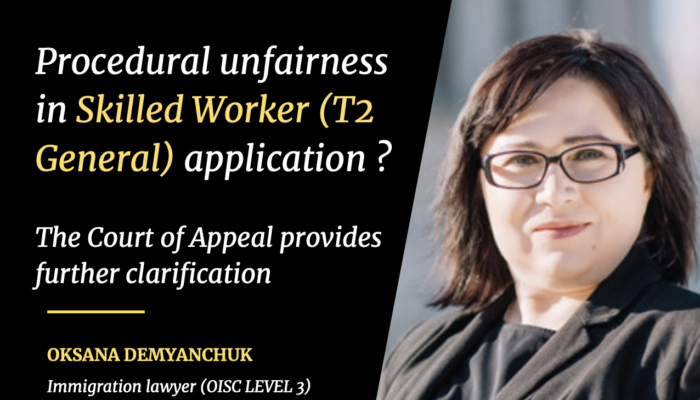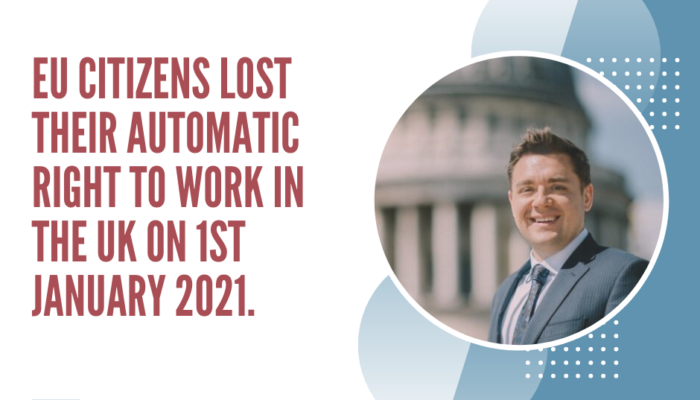
The inevitable truth is that hiding behind a screen allows and encourages people to say and do things they wouldn’t normally do in person. Europe’s recent General Data Protection Regulation (GDPR) that came into effect in May 2018 gives individuals the option to withhold their personal details online. This is a portrayal of support of Internet anonymity. The government of the United Kingdom on the other hand, is planning to take action to restrict on nasty and illegal online behaviour.
Digital Minister Margot James said the freedom to be anonymous has been abused in “such a substantial way, with such damaging effects”. James said that although new legislation could not be rushed, it would be brought to parliament at the “earliest opportunity after Brexit”. Some may argue that anonymity is necessary for those acting as whistle blowers and seeking psychological help. To ban anonymity may strip the online community from their freedom of exploration and expression that the online world offers. However, it should be acknowledged that if the UK government does not take any action of removing anonymity there could be issues in the way the government has chosen to define harm. It would portray that the UK government is not taking steps to address the extensive cyberbullying that is a modern day issue.
Internet anonymity: It is accepted that the present issues at hand are challenging and complex
The notion that banning internet anonymity will cause online harassment to cease is a myth. Nevertheless, a code of practice would set out the bounds of ‘what is and isn’t acceptable behavior online’. Although anonymity does play a pivotal role in online harassment, it is not solely anonymity that encourages harassment, it is the lack of accountability.
For example, people might think twice about what they tweet and say if they are held accountable for the contents of their tweets.
According to a study by Carneige Mellon University, in the six months after he banning of anonymous posts in South Korea, cyberbullying decreased by 20%.
This clearly shows that banning anonymity does not tackle the issue as a whole but will improve the situation. Therefore, the upcoming laws need to address the parties whom are liable for content and for taking down content. This will be prudent in tackling the issue properly.
The UK government’s view on internet anonymity has received significant support. For example, Ben Wallace, Minister of State for Security and Economic Crime has voiced out that a major factor in bullying and grooming is anonymity. He said that banks can authenticate their users’ identities online, so there is no reason other websites could not do the same. He goes on to propose a solution by way of introducing a digital ID for every internet user as a way of resolving this issue.
Internet anonymity has its disadvantages and advantages. It is evident that the advantages that come with the ban of internet anonymity is necessary. The UK government is seriously considering the ban of internet anonymity and there is high potential this ban will come into effect in the near future.
Source: IBA Global Ibsight













